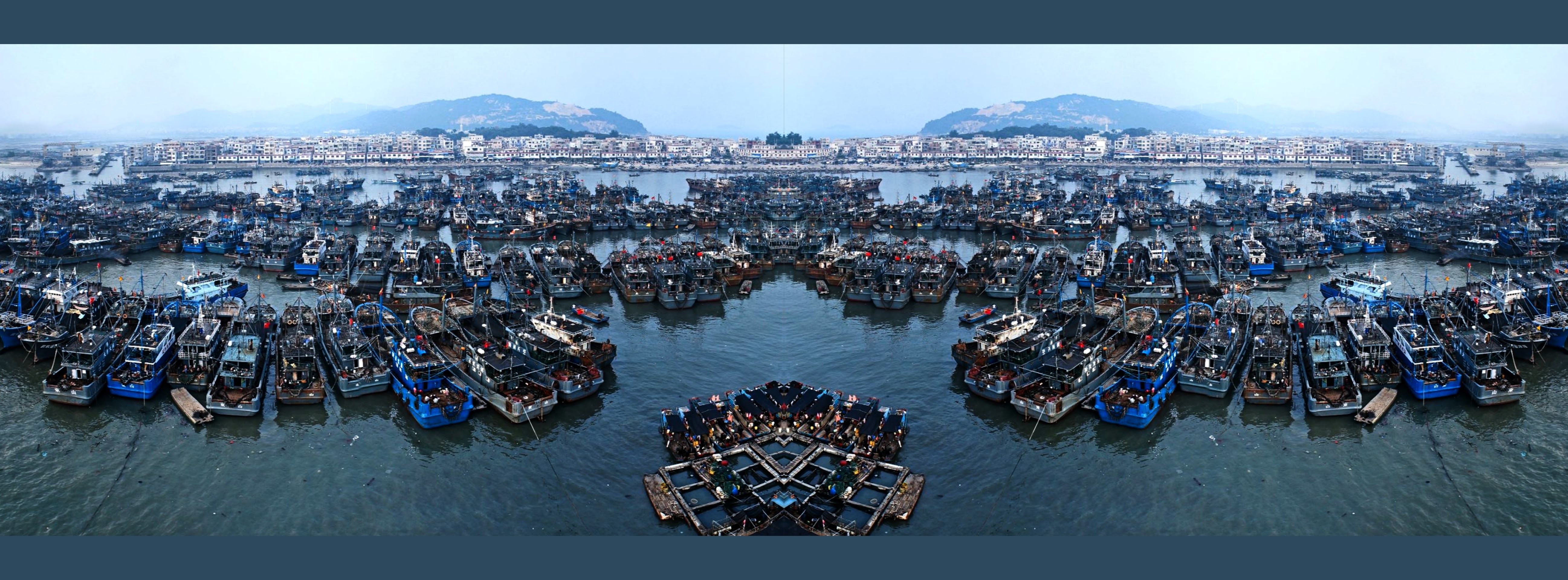Overfishing

OVERFISHING – BYCATCH – IUU
Fishing is one of the most significant drivers of declines in ocean wildlife populations. Catching fish is not inherently bad for the ocean, except when fish are caught faster than they can reproduce or an entire population is completely fished out. This is serious worry to scientists and for the planet. There are NOT plenty of fish in the sea.
The number of overfished stocks globally has tripled in the last 50 years. Today 1/3 of all fish that are fished have been pushed beyond their biological limits (according to the UN Food and Agriculture Organization).
Overfishing is closely tied to bycatch—catching unwanted sea life while fishing for a different species. This, too, is a serious marine threat that causes the needless loss of billions of fish along with hundreds of thousands of sea turtles, whales and sharks and sea birds.
The damage done by overfishing goes beyond the marine environment. Billions of people rely on fish for protein, and fishing is the principal livelihood for millions of people around the world but most commercial fishing lies in 100 companies only. They are taking all the resources of the ocean.

BYCATCH
Wherever there is fishing, there is bycatch—fishing equipment unintentionally captures dolphins, sharks, marine turtles, whales and seabirds. Thousands of miles of nets and lines are set in the world’s oceans each day. Modern fishing gear, often undetectable by sight and extremely strong, is very efficient at catching the target fish —as well as anything else in its path. A staggering amount of marine life—including turtles, dolphins and juvenile fish—is hauled up with the catch. Once it has been hauled up it is then thrown back overboard dead or dying. What a waste of our marine resources.
Fishing industry leaders increasingly realize the need to reduce this phenomenon. Proven solutions do exist, such as modifying fishing gear so that fewer non-target species are caught or can escape. In many cases, these modifications are simple and inexpensive, and often come from fishers themselves.
Despite new technologies and industry recognition of the issue, bycatch is still a huge problem. Not only does it cause avoidable deaths and injuries, but the fishing methods can be harmful to the marine environments where they are employed.

IUU
llegal, unreported and unregulated fishing (IUU) is a global issue. Fishing industry experts believe IUU occurs in most waters and accounts for up to 30% of total catches in some important fisheries.
Illegal fishing takes place when vessels or harvesters violate fishing laws. This can be for national coastal waters or on the High Seas which are regulated by regional fisheries management organisations (RFMO). According to the UN Food and Agriculture Organization (FAO), Fisheries and Aquaculture Department, illegal fishing has caused losses estimated at US$23 billion per year. (see below)
Unreported fishing is unreported/misreported numbers to the relevant fishing national authority or RFMO contravening applicable laws and regulations.
Unregulated fishing is usually fishing by vessels without nationality, vessels flying the flag of a country that are not part of an RFMO governing that fishing area or species on the high seas, or fishing in unregulated areas.
(IUU) fishing is driven by economic incentives (like many other international environmental crimes): pirate fishers have a strong economic incentive – many species of fish, particularly those that have been over-exploited and are thus in short supply (like Chilean Sea Bass), are of high financial value (like shark fin).
If governments fail to act adequately or to enforce national or international laws, such IUU activity can prove lucrative from the failure of governments to regulate adequately (e.g. inadequate coverage of international agreements).
A particular driver behind IUU fishing is the failure of a number of flag states to exercise effective regulation over ships on their registers – which in turn creates an incentive for ships to register under flags of convenience.
Since no one reports catches made by pirates, their level of fishing cannot be accurately quantified.
Satellite Data Identifies Companies Fishing in High Seas
ILLEGAL FISHING
In June 2020, the Environmental Justice Foundation, an international organization working on human rights violations and illegal fishing, filed a report revealing abuses on Korean vessels.
The crew members of three ships operating in the South Atlantic declared that they fished illegally in the Argentine Sea on numerous occasions. And one of them also declared that his ship was illegally harpooned and captured elephants and sea lions in the same sea.”

“Another crew member noted that certain organs are extracted from elephants and sea lions and then exported to the Asian market. One of these ships is the Oyang 77, captured by Argentina Prefecture in 2019 doing illegal fishing,”.
According to the spokesperson, the crew said that “the extracted organs were hidden in the engine rooms rather than placed in the warehouse, so their existence could not be verified if an on-board inspection occurred.”
The expert mentioned the Uruguayan port of Montevideo as a key pier for the Oyang 77 in this part of the world.
The interviewee comments that, among the statements collected by the Environmental Justice Foundation, the case of the crew members who stated that, “within a year, they hunted more than 200 elephants and seals within the Argentine Sea, beyond our legislation establishes the protection of these species”.